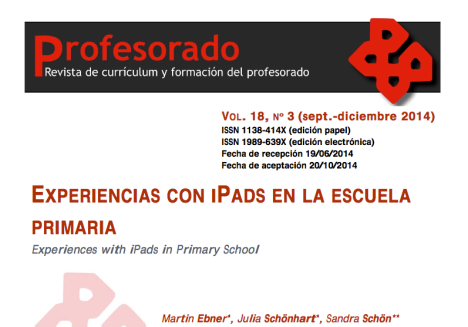Wir freuen uns sehr, dass auf iMooX.at ein dreisprachiger MOOC (dt, engl. und spanisch) startet und zwar zu einem sehr spannenden Thema „Metabolic syndrome – When the metabolism runs wild„
Dieser MOOC Kurs befasst sich mit den Ursachen und Folgen des Metabolischen Syndoms (MetS), von dem weltweit mehr als eine Milliarde Menschen betroffen ist (WHO). Das Metabolische Syndrom ist begründet in einem Zusammenspiel von mehreren Risikofaktoren, zu denen viszerale Adipositas, hohe Werte für Blutzucker und Triglyceride, niedrige HDL-Cholesterinwerte sowie Bluthochdruck gehören. Dies führt zu einer erhöhten Inzidenz von Erkrankungen wie Typ-2-Diabetes, Erkrankungen der Leber und kardovaskulären Ereignissen. Es besteht daher dringender Bedarf, sich mit dieser herausfordernden biomedizinischen Fragestellung intensiv auseinanderzusetzen. Dieser Kurs wird sich mit verschiedenen Aspekten des MetS befassen, die sich aus dem interdisziplinären Hintergrund der MetSy Teammitglieder ergeben. Daher kann dieser MOOC-Kurs in ein breites Spektrum von (universitären) Lehrveranstaltungen integriert werden: Biochemie und Biomedizin, Biomechanik, Lebensmittel- und Ernährungswissenschaften, ‚Tissue Engineering‘.
Hier der Trailer zum MOOC:
Die Anmeldung ist wie immer kostenlos und jederzeit möglich [Anmeldung zum kostenlosen MOOC]



